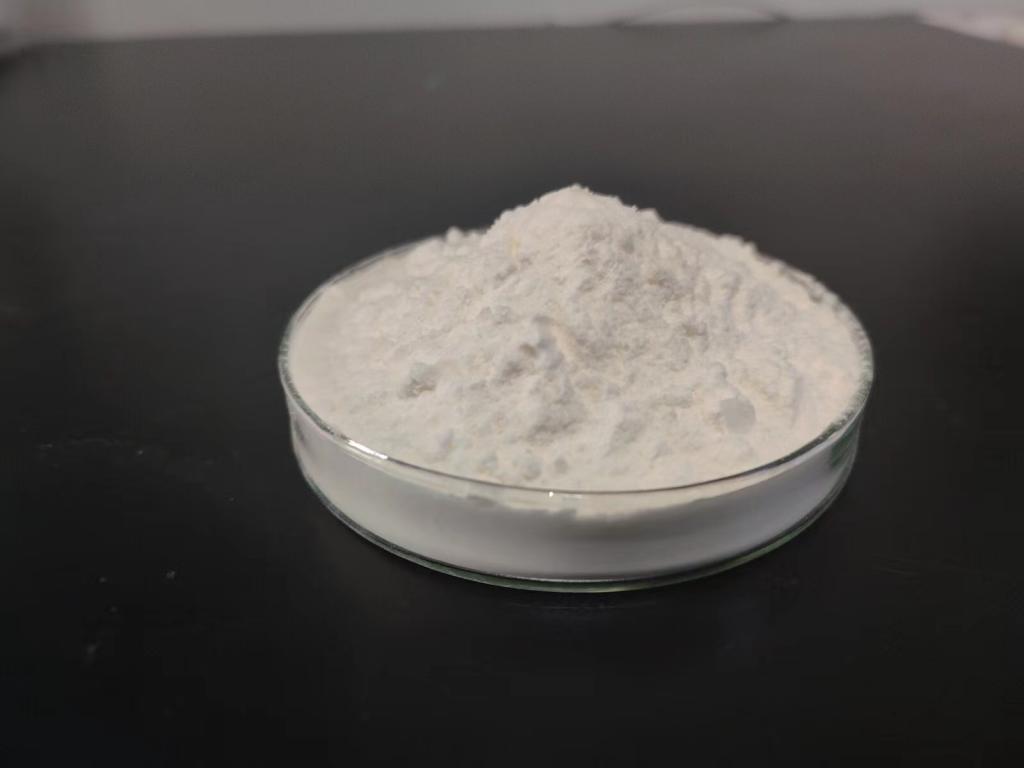Tel:+8618231198596

News
 CONTACT
CONTACT
 CONTACT
CONTACT
- Linkman:Linda Yao
- Tel: +8618231198596
- Email:linda.yao@dcpharma.cn
- Linkman:CHARLES.WANG
- Department:Overseas
- Tel: 0086 0311-85537378 0086 0311-85539701
News
Current Position:
Home >
News
>ε-Polylysine hydrochloride in the preservation of fruit and vegetable juices
ε-Polylysine hydrochloride in the preservation of fruit and vegetable juices
TIME:2024-09-05
Understanding ε-Polylysine Hydrochloride
ε-Polylysine hydrochloride is a water-soluble polypeptide composed of lysine residues, which gives it strong antimicrobial activity against a variety of pathogens and spoilage organisms. It is produced through microbial fermentation and is generally recognized as safe (GRAS) by regulatory authorities, making it a viable option for use in food products.
The Benefits of ε-Polylysine Hydrochloride in Juices
Enhanced Shelf-Life: One of the primary benefits of using ε-PL in fruit and vegetable juices is its ability to inhibit the growth of spoilage microorganisms, including yeasts, molds, and bacteria. This can help extend the shelf-life of juices, ensuring that they remain fresh and safe for consumption over a longer period.
Natural Preservation: Consumers are increasingly looking for products with natural preservatives, and ε-PL fits this criterion perfectly. Its natural origin and safety profile make it an attractive choice for those seeking cleaner labels and healthier beverage options.
Maintains Nutritional Value: Unlike some preservation methods that may alter the nutritional content of juices, ε-PL helps preserve the natural vitamins and minerals present in fruits and vegetables. This means that consumers can enjoy the full nutritional benefits of the juice without compromising on safety.
Sensory Quality: ε-PL does not significantly alter the taste, color, or aroma of the juice, which is crucial for maintaining the sensory experience that consumers expect from their favorite beverages.
Synergistic Effects: When used in combination with other natural preservatives or processing methods, such as pasteurization or modified atmosphere packaging, ε-PL can create a multi-hurdle approach to food preservation. This can enhance the overall efficacy of the preservation system, providing additional layers of protection against spoilage and contamination.
Application in Juice Preservation
ε-Polylysine hydrochloride can be added to fruit and vegetable juices during the production process. It is typically dissolved in water and then mixed with the juice to ensure uniform distribution. The concentration of ε-PL used depends on the specific juice formulation and the level of microbial inhibition required. Research has shown that even low concentrations of ε-PL can be effective in controlling microbial growth.
Challenges and Considerations
While ε-PL offers numerous benefits, there are also considerations to take into account:
Optimal Concentration: Finding the right concentration of ε-PL is crucial to achieving effective preservation without affecting the juice's quality. Too little may not provide sufficient protection, while too much could potentially alter the juice's characteristics.
Stability Under Processing Conditions: The stability of ε-PL under various processing conditions, such as heating and exposure to light, needs to be carefully evaluated to ensure its effectiveness throughout the product's lifecycle.
Consumer Education: Clear communication about the benefits and safety of ε-PL is essential to gain consumer trust and acceptance, especially since some consumers may be unfamiliar with this preservative.
Research and Development
Ongoing research is focused on optimizing the use of ε-PL in fruit and vegetable juices to maximize its efficacy while maintaining the quality of the product. This includes studies on the stability of ε-PL under different storage conditions and its interaction with other juice components.
Conclusion
The use of ε-Polylysine hydrochloride in the preservation of fruit and vegetable juices represents a significant step forward in ensuring the safety and quality of these beverages. By leveraging the natural antimicrobial properties of ε-PL, the juice industry can develop products that meet high safety standards while catering to consumer preferences for natural and minimally processed foods. As research continues to refine the application of ε-PL, its role in supporting the preservation of fruit and vegetable juices is likely to grow, contributing to a healthier and more sustainable food supply.
- Tel:+8618231198596
- Whatsapp:18231198596
- Chat With Skype







